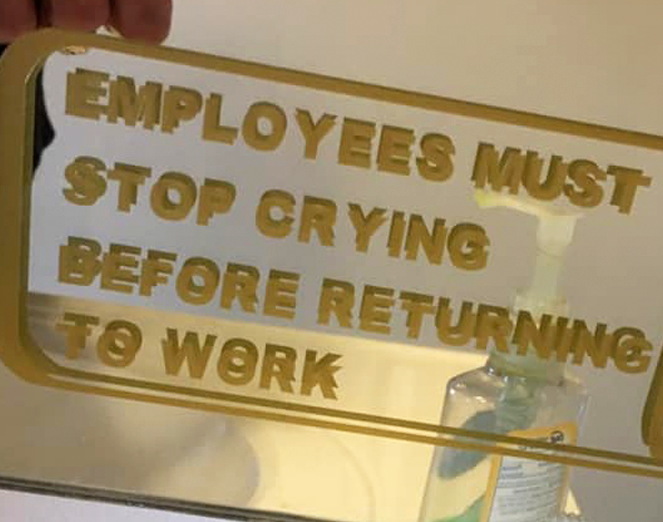- cross-posted to:
- worldnews@lemmy.ml
- cross-posted to:
- worldnews@lemmy.ml
cross-posted from: https://lemm.ee/post/1159654
Johnson & Johnson has sued four doctors who published studies citing links between talc-based personal care products and cancer, escalating an attack on scientific studies that the company alleges are inaccurate.
J&J’s subsidiary LTL Management, which absorbed the company’s talc liability in a controversial 2021 spinoff, last week filed a lawsuit in New Jersey federal court asking it to force three researchers to “retract and/or issue a correction” of a study that said asbestos-contaminated consumer talc products sometimes caused patients to develop mesothelioma.



Scientists can just make stuff up, but in this case Paul’s complaint appears to be more to do with the article than any underlying research as he is trying to draw information that the article doesn’t pretend to intend to provide.
A lot of the problems with publicly visible scientific research are to do with media communication and the way that journalists will interpret or spice up results in their coverage.
There are also problems with the incentive to publish surprising results more than confirmation of existing information, as well as with the incentives for research funding, and scientists can bring their own biases into research consciously or unconsciously.
For things like company sponsored research, it is not uncommon for multiple trials to be run and only the ones with positive results to be published. I’d recommend Ben Goldacre’s pop sci industry journalism books Bad Science or the even better sequel Bad Pharma for more discussion of this.
Then there are journals which function more like vanity press, with insufficient peer review processes and that just charge people to publish their papers.
But there are also scientists who just wholesale make things up, whether for obvious financial gain like Andrew Wakefield making up the autism from vaccines MMR scare because he had competing vaccines he wanted to sell, or just for easy prestige like Jonathan Pruitt just copy and pasting underlying data samples to boost trends.
It is not unthinkable for researchers to invent information, although my gut will always be to trust the researchers not the international megacorporation with an obvious financial incentive and the idea of suing researchers like this without substantial proof of fraud could have devastating effects on scientific research should J&J manage to push it through.
(YT video essay about Pruitt)
Regarding positive results publication, if you haven’t come across it yet these guys do great work showing (by example!) why pre-registration and open data are essential to maintaining trust in science
https://datacolada.org/40